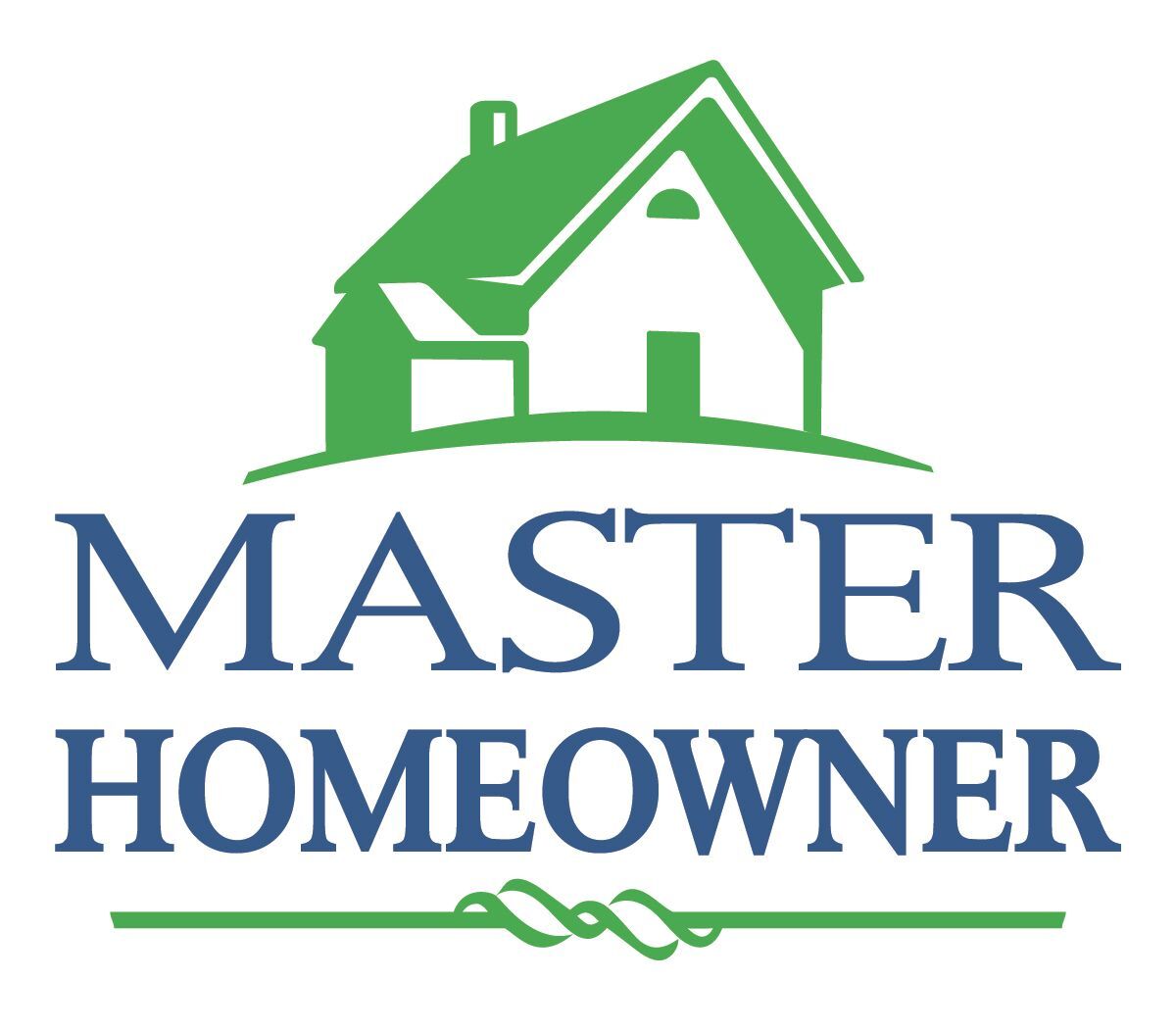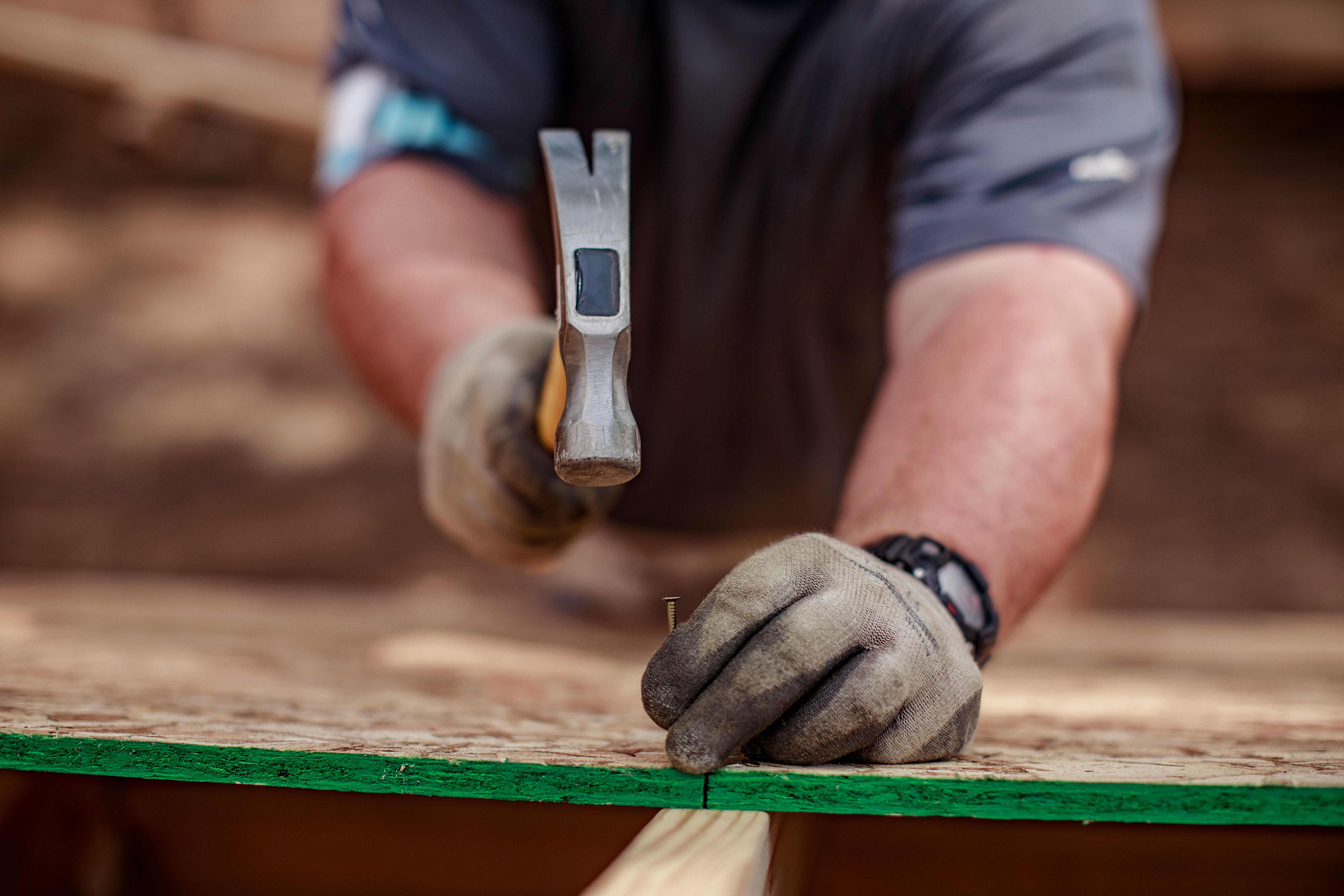Master Homeowner Program - All Class Signup

To sign up for all Master Homeowner Program classes, use the registration link found on this page.
If you want to register for individual classes, please do so on the individual event links on our events calendar.
Habitat's Master Homeowner Program offers public classes at the John L. Dickinson Homeowner Education & Community Center on Court Street in Charleston. We offer 9 classes that cover the basics of how to maintain your home and its value. In addition to the nine classes, Habitat also offers participants a separate nine-week financial and debt management course: Dave Ramsey’s Financial Peace University.
Classes are offered two cycles per year. Registration is now open for our spring 2023 classes.
Required classes include:
Homeowner’s Toolbox: Homeowners learn what basic tools will be needed for frequent tasks in and around the house, how to use the tools properly, and how to store the tools.
Home Maintenance: Homeowners learn the most important motives for and consequences of not maintaining their property, where to begin, what to look for, and in some circumstances how to perform maintenance that will keep the value of their investment in tact and keep their environment comfortable and safe.
Legal, Insurance, and Financial Issues of Homeownership: Homeowners learn about all of the paperwork needed when purchasing a house, how to make the best decisions for an individual’s circumstances, and how not to be a victim of predatory lending practices. This class also teaches participants why estate planning is important, what it entails and how the laws view neighborhood nuisances.
Home Fire Safety & Prevention: Homeowners learn the nature of and most common causes of house fires, how to prevent fires and what to do in case of fire. This class teaches participants, hands-on, how to use fire extinguishers and properly place them in the home.
Home Energy Efficiency: Homeowners learn to identify energy efficiency terms applied to residential homes, discover the effectiveness and advantages of controlling the conditioned air and energy waste, and identify areas of energy loss in their own house. This class relates proper methods of controlling the loss thus improving the health and comfort indoors while spending less money to do so.
Basic Household Plumbing: Homeowners learn plumbing basics and learn the functions of a household plumbing system. Class participants learn where to check for leaks and how to prevent clogs as well as learn the steps to remedy common plumbing problems.
Home Electrical Basics: Homeowners learn to identify the type of service panel in their house and the functions of a basic residential electrical system. This class teaches practical electrical safety and energy usage in the home. It also explains new lighting options, space heater safety, brownouts/surges, and if an electrician is needed and how to hire one.
Home & Neighborhood Safety: Homeowners learn to identify potential threats to the security of their person and property and learn the best practices in reporting and deterring security risks. This class teaches homeowners how to increase the potential for stolen property to be returned. It also covers how to organize and maintain a Neighborhood Watch Program.
Neighborhood Relations: Homeowners gain a better understanding of the importance of forming positive relationships with their close neighbors and the wider community, thus being empowered to improve their environment for their family and their neighborhood.
All ages and experience levels have something to learn! To earn a Master Homeowner Certificate, homeowners must complete each class in addition to a nine-week course in financials.

